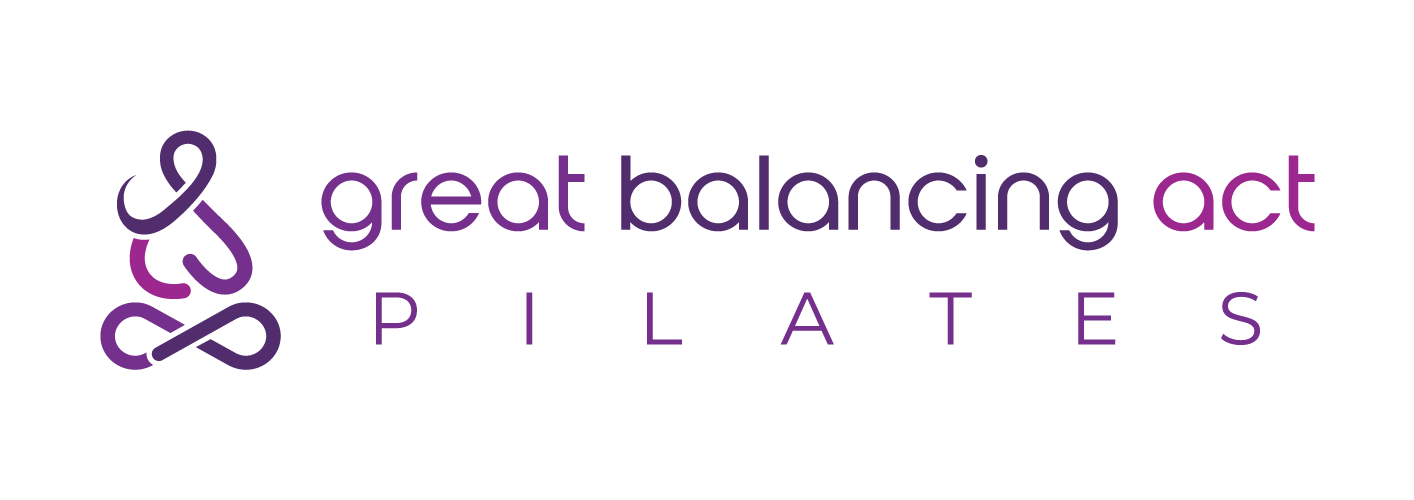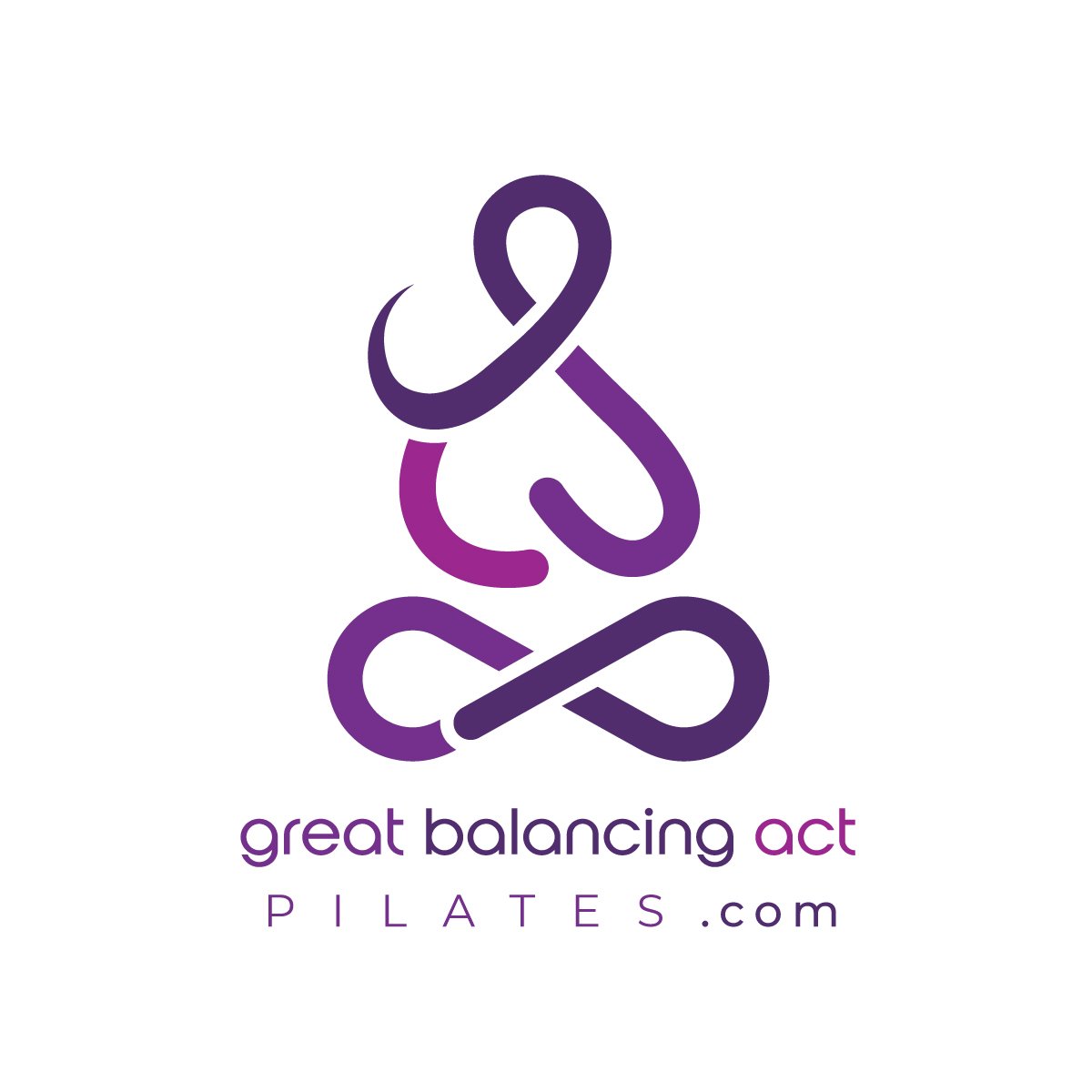Every Breath You Take…
...adds up to about 11 million a year, or about 843,296,000 if you live to be eighty. “Are you breathing?" seems like a stupid question, but it’s one I find myself asking Pilates clients fairly regularly, even though I often already know the answer: they aren’t. During some moments of physical exertion—even though it’s totally counterproductive—many of us have a tendency to hold our breath. And even when we aren’t exercising, we are often “chest breathing” or breathing so shallowly we aren’t really using our entire lung capacity, and when in times of stress we often have a tendency to hold our breath. Anyone beside me have a stressful beginning of the year? Ahhh....exahale...................inhale.................. I honestly believe—no lie—that there are some Pilates clients that come to see me so someone can tell them to inhale and exhale for an hour. They recognize feeling revived, mentally fresh, pleasantly stretched and happier after a session, but few of them attribute it to the role breath plays in their workouts. And I know how important being a “good breather” is because I had asthma for over 20 years. And then I took a five-day breathing course and I haven’t seen an inhaler since. Breathing is the only body system that can function completely without us paying any conscious attention to it, and that we also can profoundly affect by doing so. There are loads of studies out there showing that deep breathing techniques can improve stress levels, emotional reactions, blood pressure, depression, even digestion. Deep breathing techniques have been shown to even combat bi-polar disorder and other anxiety disorders, and they certainly are a vital part of any mediation technique. I’m not looking to argue the science, but I will ask the naysayers this: have you ever had a bad experience breathing deeply and evenly? No one could argue that breathing more fully (using more of our lung capacity and exhaling more Carbon Dioxide which can accumulate in the lungs during shallow breathing, making us feel slow and tired) could be a bad thing. Here’s some other interesting stats: modern Emergency Medical Technician statistics say an average adult at rest (sleeping, reading quietly) takes anywhere between 12 and 20 breaths per minute. Yet many researchers say this rate has risen since decades past, when 8-12 breaths per minutes was the norm. Add in that breath experts and yogis recommend anywhere from 3 to 6 or 6 to 8 breaths per minute as ideal, and you kinda gotta wonder what the heck is going on. Pollution? Stress? Too much on our plates? Probably a combination. Hold on, hold on. I know you want to measure where you’re at, but the thing is, you can’t. The very act of sending your attention to your breath to measure it will affect the quality and automatically slows it down. And that’s great, because that means it’s something we can work on. Pilates exercises are great places to consciously focus on the breath, but I also practice different breathing techniques when I’m doing cardio exercises (using Fletcher Pilates breathing I find I can up my heart rate while on the elliptical, and conversely, I can lower it by taking longer, slower breaths), and sometimes just because my body (or my stressed out brain) needs it. In times of stress—like when you’re trying to fall asleep but your brain won’t turn off—I do the following basic breath counting. It’s also pretty great if you just need a moment of meditation, or you just want to do something nice for yourself. Sit comfortably, cross-legged, or with your back supported. Lying down also works. Place your relaxed hands on your knees or by your sides. Close you eyes, if you’d like, and allow your belly to fill out as you do this exercise. Think how babies breathe; they certainly aren’t worried out how they look, so don’t you be. Think of your ribcage shaped like a balloon, and as you breath feel the breath expand your ribs in all dimensions. Inhale through your nose for a count of 4. Hold that inhale for a count of 4. Exhale through your nose for a count of 6. Hold for a count of 2. Repeat. Continue for a set of 4-8—whatever feels right to you until you begin to feel calm and relaxed. Then just breathe normally and see if there isn’t a difference in the quality of your breath. So try it out. And don’t give me that “I’m so busy I don’t have time to breathe” stuff. Do it on the train. Instead of watching TV. In the shower. Instead of checking your Facebook page. Make your body the priority today, and see if it doesn’t pay you back tenfold.

